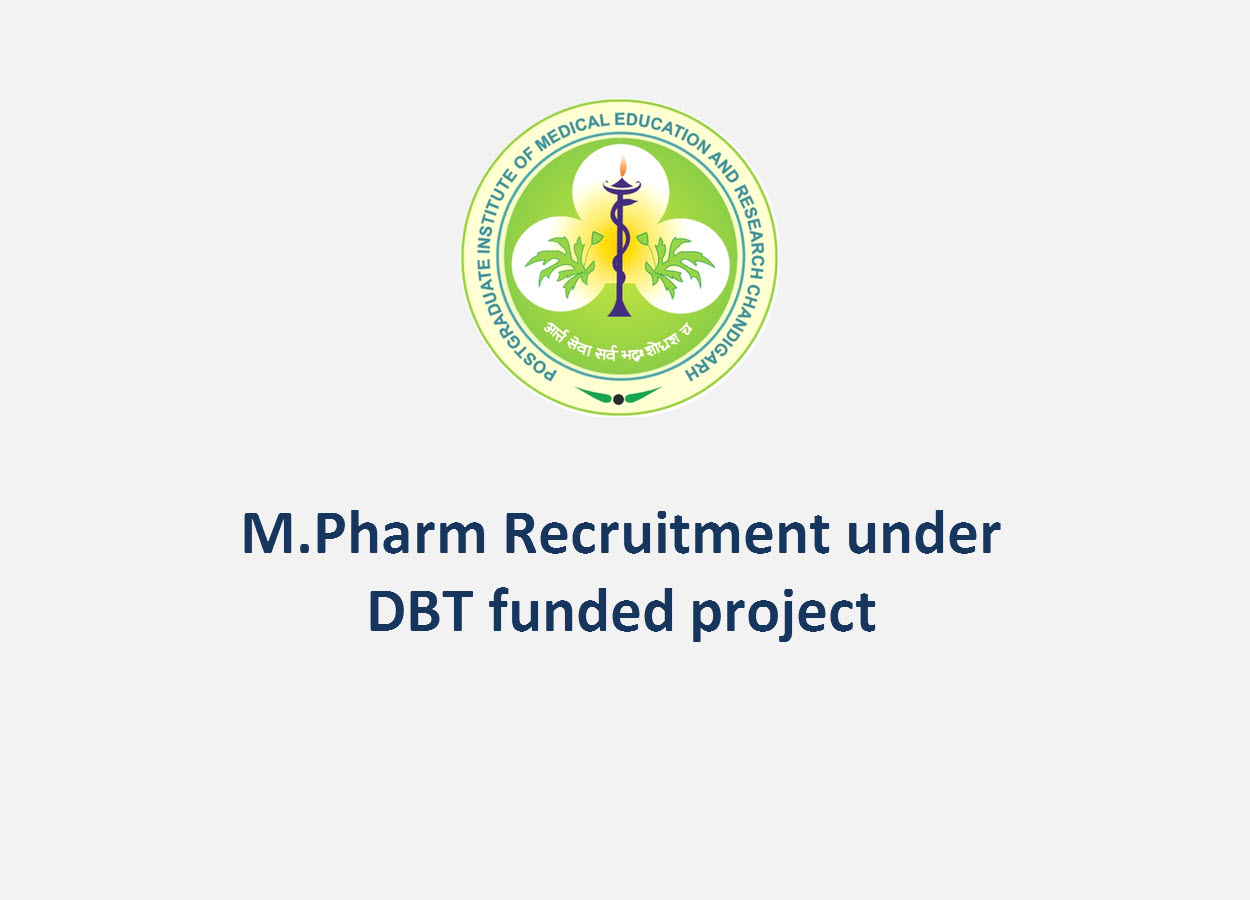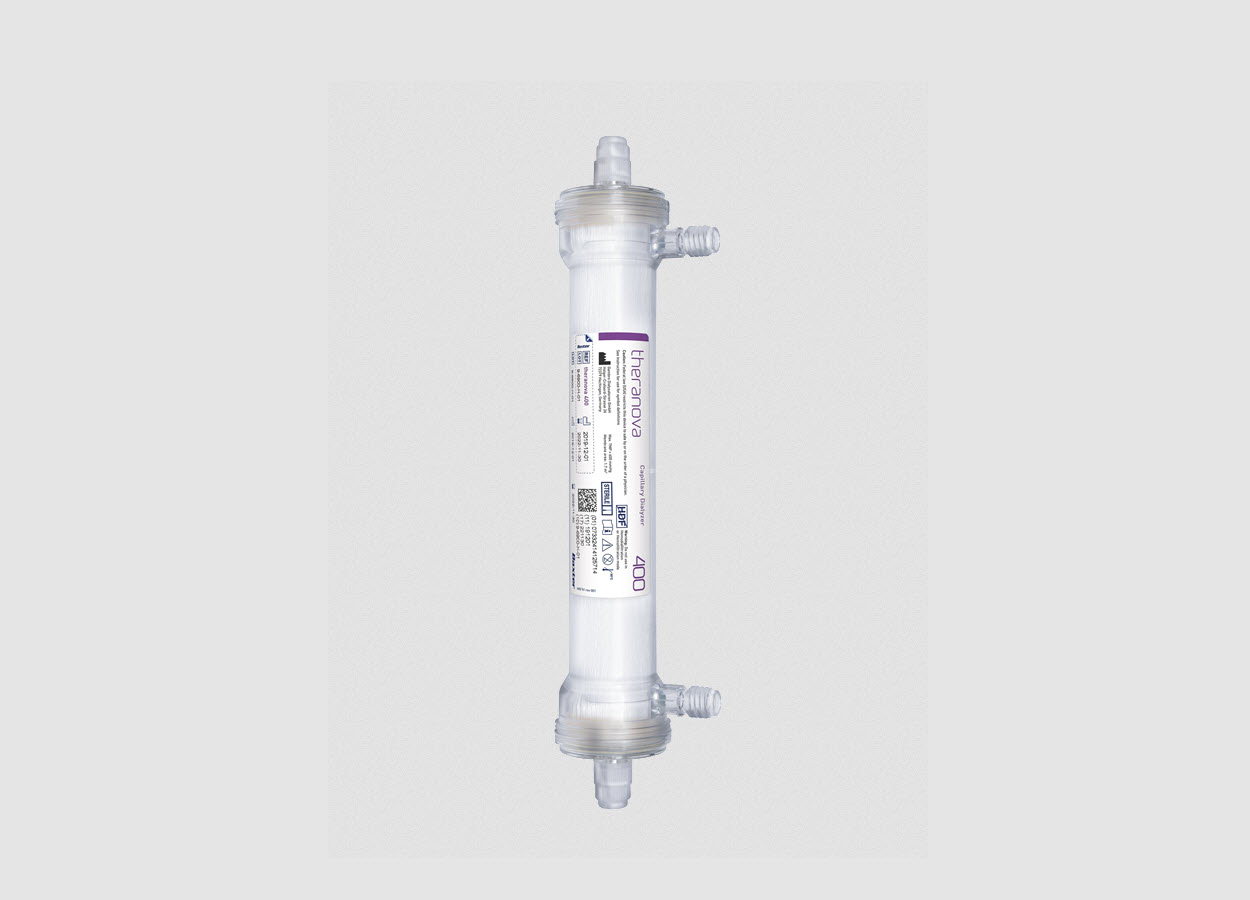M.Pharm Recruitment under DBT funded project at PGIMER


Baxter International Inc a global innovator in renal care, announced the U.S. Food and Drug Administration (FDA) has granted the De Novo application for Theranova, the company’s novel dialysis membrane. Theranova was designed to deliver expanded hemodialysis (HDx) therapy, which filters a wider range of molecules from the blood than traditional hemodialysis (HD) filters, like high-flux membranes, by targeting effective removal of conventional (500 Da to 25 kDa) and large middle molecules (25 kDa to 45 kDa). These middle molecules may be associated with inflammation and cardiovascular disease in patients with kidney failure.
By granting a De Novo application, the FDA is establishing a new class of dialyzer technology with unique performance standards. The FDA utilizes the De Novo pathway for low and moderate risk medical devices that have no existing predicate in the United States; such designations are rare in the dialysis space. In fact, less than 1% of devices granted marketing authorization under De Novo have been for the care of patients with kidney failure since the pathway’s inception in 1997.
HDx is performed the same way as conventional HD, with only a change of the dialyzer membrane required. Once in the machine, the Theranova dialyzer’s innovative Medium Cut-Off® membrane combines high permeability and selectivity for uremic toxins (up to 45 kDa), while retaining essential proteins and maintaining albumin levels during treatment2,3. This unique cut-off and high retention onset profile expands clearance, allowing for filtration closer to that of the natural kidney.
"U.S. patients on HD deserve more options than are currently available to them, and we are taking extraordinary steps to support their access to Theranova," said Gavin Campbell, general manager of Baxter's U.S. Renal Care business. "Patients are currently treated with HDx enabled by Theranova in more than 40 countries worldwide, and we are doing everything we can in the U.S. to ensure healthcare providers can also realize the full value of this therapy for their patients on HD."
To date, over 90 independent and Baxter-led or sponsored studies have been conducted on HDx therapy enabled by Theranova. The studies evaluated a range of clinical and quality-of-life measures, including the ability to clear conventional and large middle molecules, albumin retention, chronic inflammation and other side effects of standard HD therapy.
"Individually, the side effects from standard HD, which patients typically undertake three days a week, four hours per day, may seem manageable. However, the chronic effects of treatment accumulate and over time, cause some patients to give up on therapy," explained Mary Gellens, M.D., nephrologist and senior medical director at Baxter. "HDx therapy enabled by Theranova is a promising alternative to what is currently available because it delivers a filtration profile that is closer to the natural kidney."
Due to the novel nature of Theranova, Baxter conducted a randomized controlled clinical study in the United States that evaluated the safety and efficacy of HDx therapy enabled by Theranova. During the study, as reported during the 2019 American Society of Nephrology Kidney Week, 172 hemodialysis patients received therapy with either a medium cut-off dialyzer (Theranova 400) or a high-flux dialyzer (ELISIO-17H) over 24 weeks of treatment, with a primary efficacy endpoint measuring the reduction ratio of lambda (λ) free light chains at 24 weeks of treatment, while maintaining pre-dialysis serum albumin levels. Data from the study, which was just published in the Clinical Journal of the American Society of Nephrology (CJASN), found that expanded hemodialysis therapy with the Theranova 400 dialyzer provides superior removal of large middle molecules, as exemplified by λ free light chains, as compared to a similarly sized high flux dialyzer while maintaining serum albumin levels7. Large middle molecules are a diverse group of uremic toxins that are believed to contribute to the high cardiovascular disease burden in end stage kidney disease8. Dialysis technologies available to date offer limited clearance of these molecules8. The ability to efficiently remove these large middle molecules provides dialysis patients with a new alternative therapy.